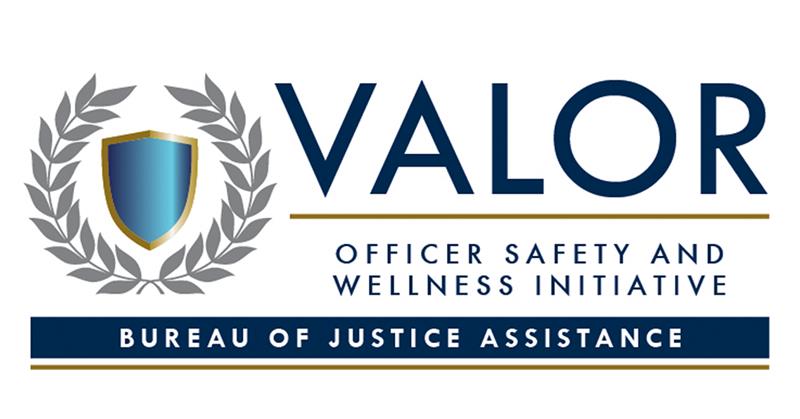Officer Wellness Dashboard – Legislative Protections & Training Requirements
States vary on legislative protections and definitions of officer health and wellness. Knowledge of the specific legislation in each state is key to understanding the rights and protections of those working there. Because it constantly evolves, legislation can be challenging to find and understand. This dashboard provides an organized, easy-to-use database highlighting legislation in each state in the following topic areas:
- Peer Support Confidentiality Protections
- Mental Health and Post-Traumatic Stress Disorder (PTSD) in Workers' Compensation
Peer Support
Peer support serves as a powerful resource for police in addressing stress management, mental health concerns, suicide prevention, and overall officer safety and wellness. Structured, supervised peer support programs should ensure that ethical and confidential services are offered. Therefore, understanding legal protections regarding peer support, especially privileged communication, is crucial in ensuring the program is appropriately structured.
PTSD & Workers Compensation
Post-traumatic stress disorder (PTSD) is a mental health condition caused by witnessing a severe or traumatic event1. Due to the nature of the job, law enforcement officers are more likely to develop PTSD than the general population2. If a traumatic event occurs while working (and acting in the scope of one’s duties), the individual diagnosed with PTSD may be eligible for workers' compensation. It is important to understand what benefits are available in your state.
Training Mandates
Additionally, some states have begun mandating training related to officer wellness, mental health, and resilience. Implementing and prioritizing officer wellness in the academy and in-service training curriculum is an important aspect of building a culture of wellness. Wellness should be included among other critical and required training, like firearms, defensive tactics, and emergency vehicle operations. This resource highlights two training topic areas:
- Resilience
- Health and Wellness
Note: All content on this website is intended for general information only and should not be construed as legal advice. This dashboard is not meant to be used for lobbying, petitioning, or any legal action, but is solely for informational purposes. Consult an attorney for assistance in interpreting legislation as it applies to each circumstance.
Please visit the dashboard below to access resources and information on state-specific legislation and wellness-related training requirements.
This information was updated as of 9/6/2024 and is accurate to our knowledge, but it may not include all existing legislation. It will be updated on a regular schedule. Please contact [email protected] to submit new legislation or other relevant information.
1 Mayo Foundation for Medical Education and Research. (2022, December 13). Post-traumatic stress disorder (PTSD). Mayo Clinic. https://www.mayoclinic.org/diseases-conditions/post-traumatic-stress-disorder/symptoms-causes/syc-20355967 <;
2 SAMHSA. “Disaster Technical Assistance Center Supplemental Research Bulletin First Responders: Behavioral Health Concerns, Emergency Response, and Trauma.” SAMHSA, May 2018. https://www.samhsa.gov/sites/default/files/dtac/supplementalresearchbulletin-firstresponders-may2018.pdf.
This project is supported by Grant No. 2018-DP-BX-KOOI awarded by the Bureau of Justice Assistance. The Bureau of Justice Assistance is a component of the Department of Justice's Office of Justice Programs, which also includes the Bureau of Justice Statistics, the National Institute of Justice, the Office of Juvenile Justice and Delinquency Prevention, the Office for Victims of Crime, and the SMART Office. Points of view or opinions in this document are those of the author and do not necessarily represent the official position or policies of the U.S. Department of Justice.


